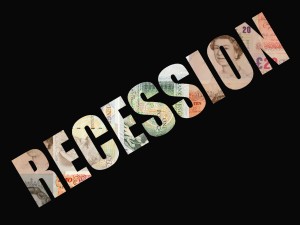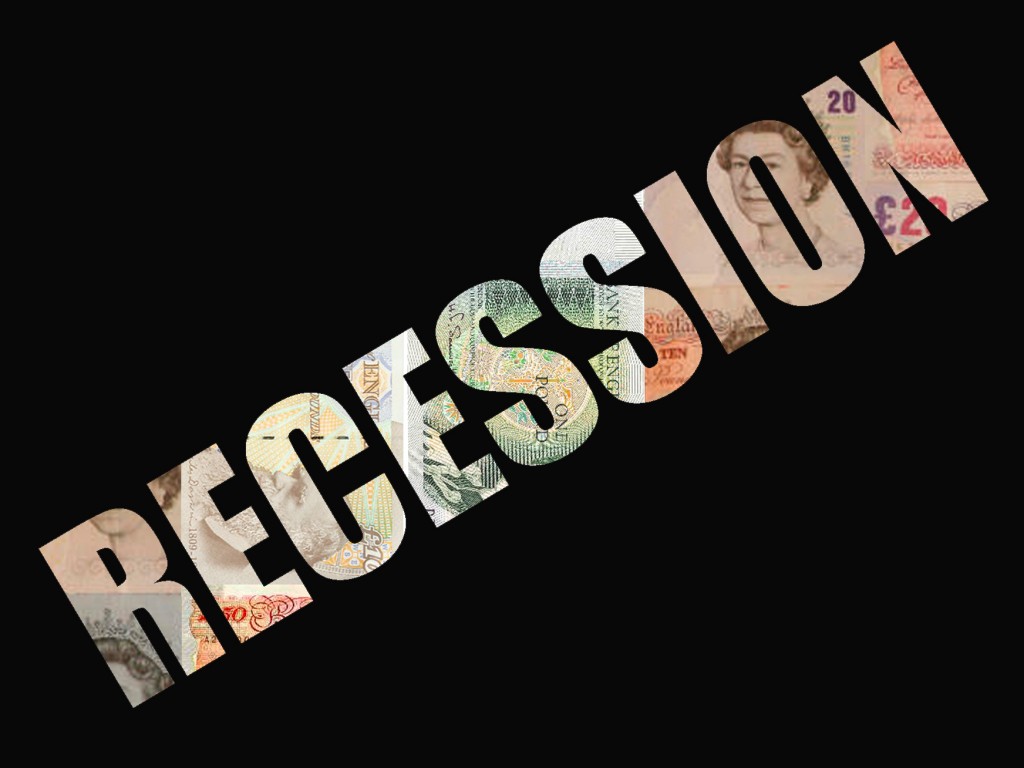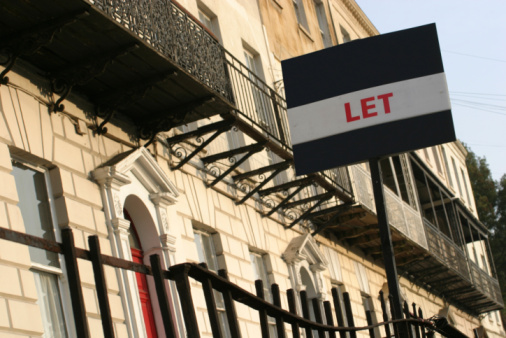According to the latest Scottish House Price Monitor from Lloyds TSB Scotland, in the three months ending October 2011, the quarterly price index for the average domestic property in Scotland rose by 1.7 per cent – the first quarterly rise following three consecutive quarterly falls. However, on an annual, underlying basis, Scottish house prices have […]
 According to the latest Scottish House Price Monitor from Lloyds TSB Scotland, in the three months ending October 2011, the quarterly price index for the average domestic property in Scotland rose by 1.7 per cent – the first quarterly rise following three consecutive quarterly falls. However, on an annual, underlying basis, Scottish house prices have fallen by 2.9 per cent.
According to the latest Scottish House Price Monitor from Lloyds TSB Scotland, in the three months ending October 2011, the quarterly price index for the average domestic property in Scotland rose by 1.7 per cent – the first quarterly rise following three consecutive quarterly falls. However, on an annual, underlying basis, Scottish house prices have fallen by 2.9 per cent.
Following mix adjusting, the average Scottish house price is now £155,805.
The latest house price movement has been generated from a market with a low number of sales once more, but showing an 8 per cent increase in activity from the three summer months ending July this year. However, compared to the same quarter one year ago, the number of transactions in the Monitor is 5 per cent less.
For the market as a whole, Scottish house purchases in the first nine months of 2011 were 9 per cent less than in the same period of 2010. The number of transactions in September 2011 was 5 per cent down on the previous year. There has been a marked recovery from the depressed levels seen in the grip of winter in February this year but the overall number of housing transactions in Scotland remains well below half of pre-recession levels.
Donald MacRae, chief economist, Lloyds TSB Scotland, said: “The Scottish economy exited recession at the end of 2009 with a rise in output of 0.1 per cent. After four quarters of rising output, GDP fell in quarter four at the end of last year, followed by a slight rise of 0.2 per cent in quarter one of 2011.
“This was followed by an even smaller rise of 0.1 per cent in the three months ending June this year. This modest rise is largely due to robust growth in electricity, gas and water supply of 12.4 per cent. The Bank of Scotland PMI indicator suggests a continuation of growth in the third quarter of this year but at low levels.
“The Scottish housing market has adjusted to the recession with a halving of sales and a period of volatile price movement. Average house prices are now 90 per cent of their peak of three and a quarter years ago. Consumer confidence remains low due to high levels of retail price inflation in excess of increases in earnings squeezing disposable income. The Scottish housing market did recover from the depressed levels at the beginning of the year but the overall number of sales remains at less than half of pre-recession levels. A faster recovery awaits a resurgence of both business and consumer confidence.














